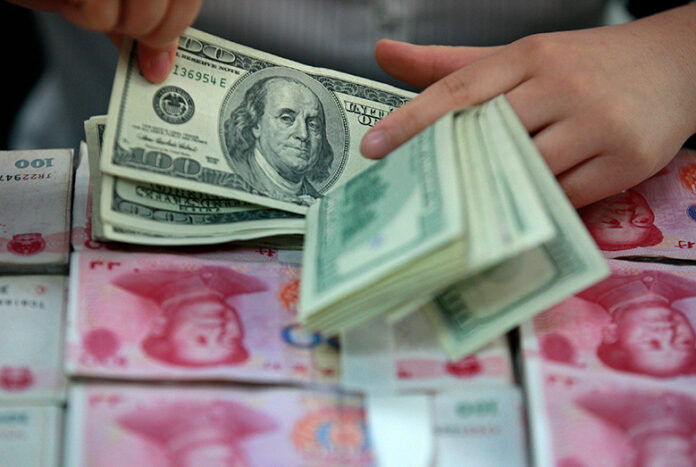As per money managers, the rebound that’s helped make Pakistan equities Asia’s best performers since the end of March isn’t done yet.
The nation’s central bank was among the most aggressive in lowering interest rates worldwide this year to stabilize the economy during the coronavirus pandemic. This has high the double-digit returns on fixed income and strengthened the bullish equity scenario.
Chief investment officer at Faysal Asset Management Ltd., Ayub Khuhro said, “Given the abrupt fall in interest rates, locals are still early in their re-allocation from bonds to equities. If rates remain at these levels for some time, they will continue to drive the market.”
Pakistan’s KSE-100 Index is up 36 per cent from the end of March, the period’s highest turnaround among Asian major stock indexes. In July, a downturn in the rate of new infections coupled with steps to improve an economy that shrank for the first time in seven decades prompted the Dubai-based FIM partners to make Pakistan their largest exposure after the Philippines.
Mohammed Ali Hussain, research head at FIM Partners said, “I see Pakistan becoming our largest exposure in the next six months. Even after the rebound, there’s room for re-rating assuming the macro picture remains on track.”
Overseas funds have so far not joined their local peers in buying shares of the country. This year they have pulled a net $346 million, mirroring withdrawals seen in large Asian markets outside China.
A year after securing an International Monetary Fund loan of $6 billion to fight off a balance-of – payments crisis, Pakistan pursued another loan to counter the pandemic’s fallout. The nation faces the risk of an infection revival which can put a stop to economic recovery.
Stock bulls say the high volumes that follow the recovery — the KSE-100 Index saw its highest turnover on August 13 in 13 years — is an indication that the turnaround is supported by the general public after the 625-base point reduction in borrowing costs.



